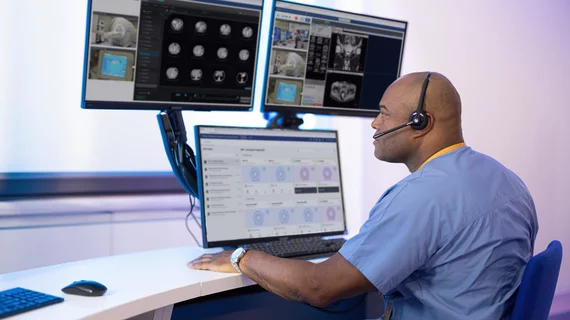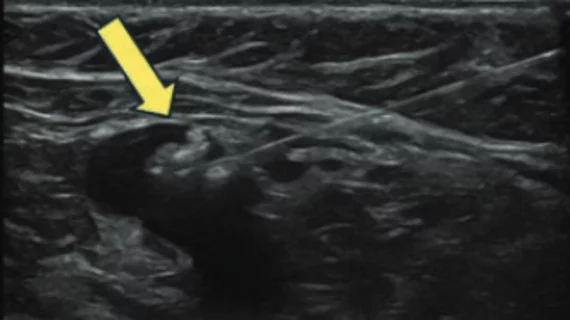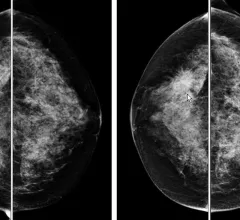Given Imaging (NASDAQ: GIVN), a world leader in specialty GI products and pioneer of capsule endoscopy, today announced that Japan's Central Social Insurance Medical Council (Chuikyo) has approved the recommendation by the Japanese Ministry of Health, Labor and Welfare (MHLW) to provide reimbursement for Given Imaging's PillCam COLON. With this approval, Chuikyo established a reimbursement of 83,100 JPY, or roughly $840.00 USD (using current exchange rate), per capsule that is scheduled to go into effect on January 1, 2014. This decision follows regulatory clearance of PillCam COLON in July of this year by Japan's Pharmaceuticals & Medical Devices Agency (PMDA). The MHLW will determine the final indication for use for PillCam COLON in December as well as the amount for the professional fee.






